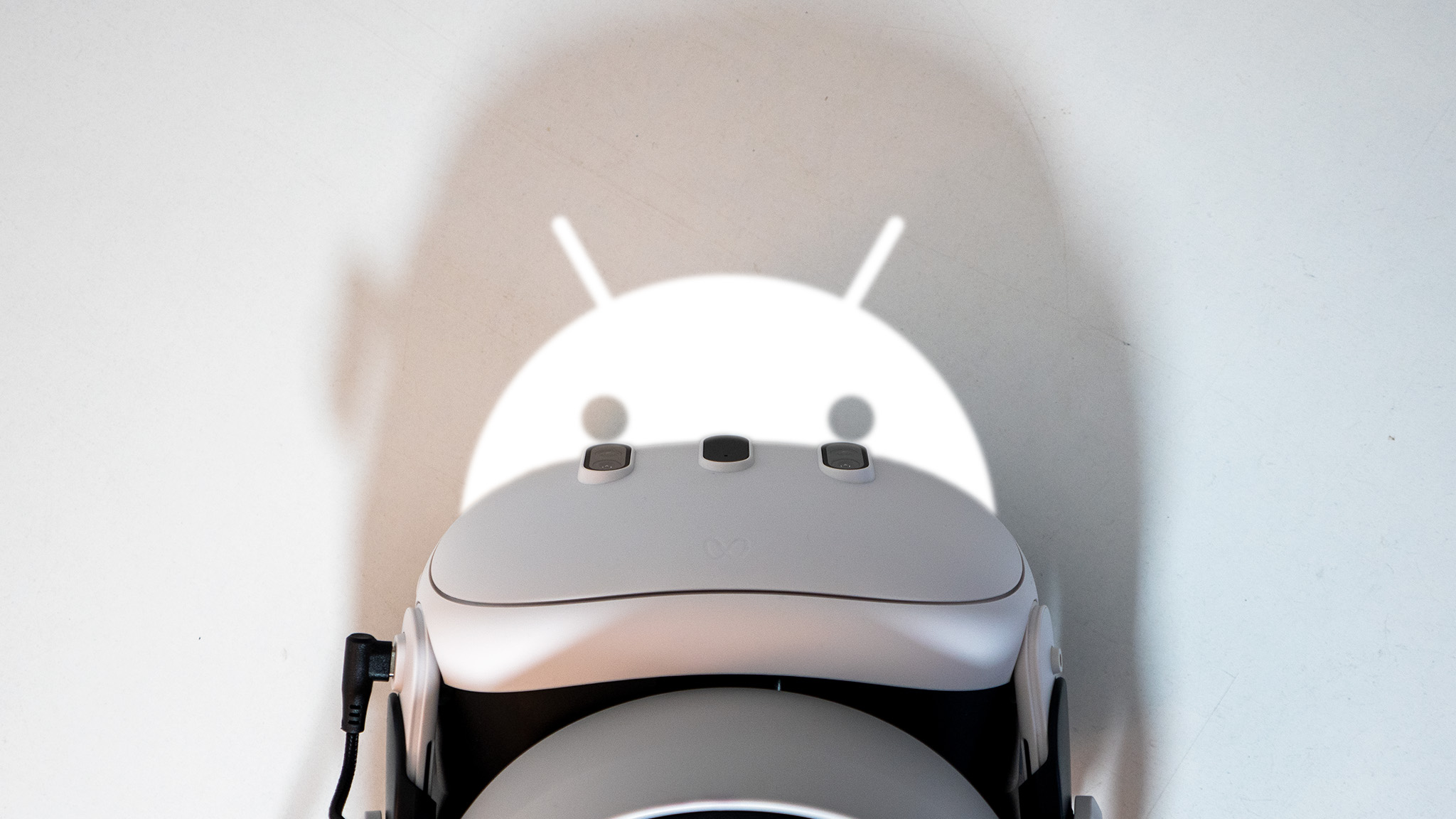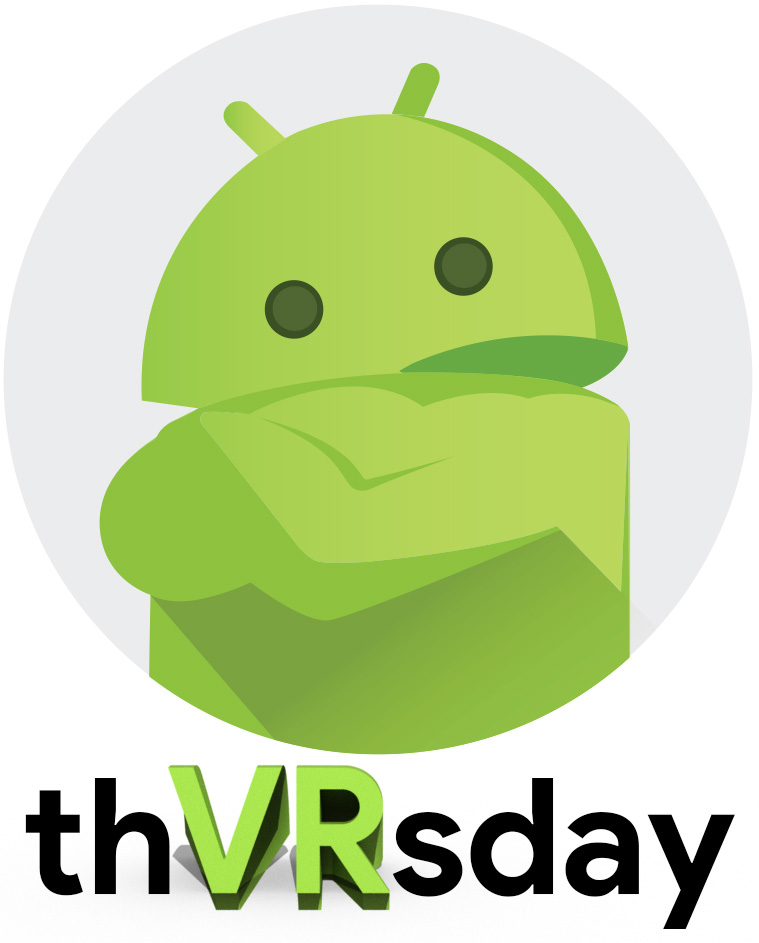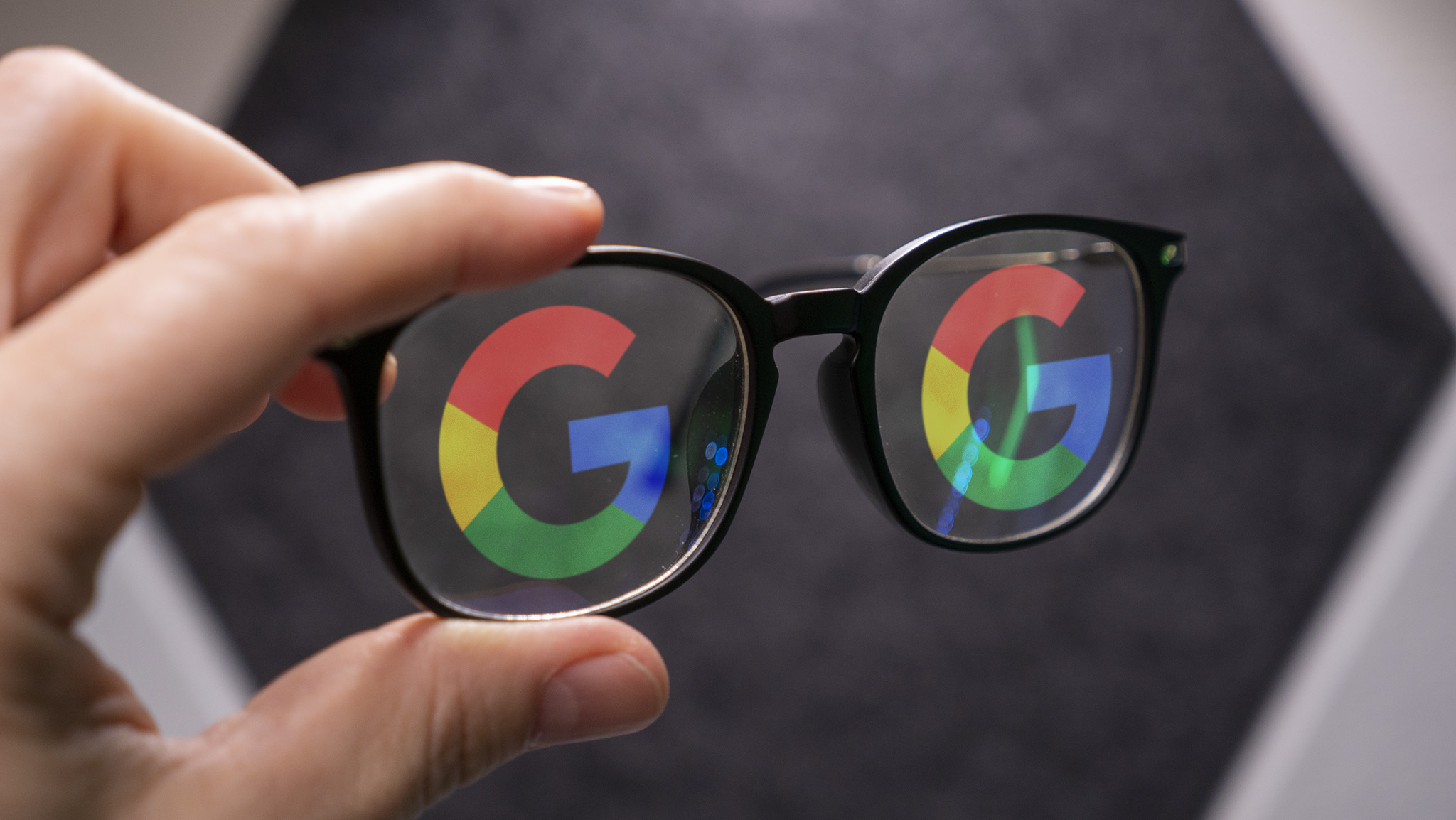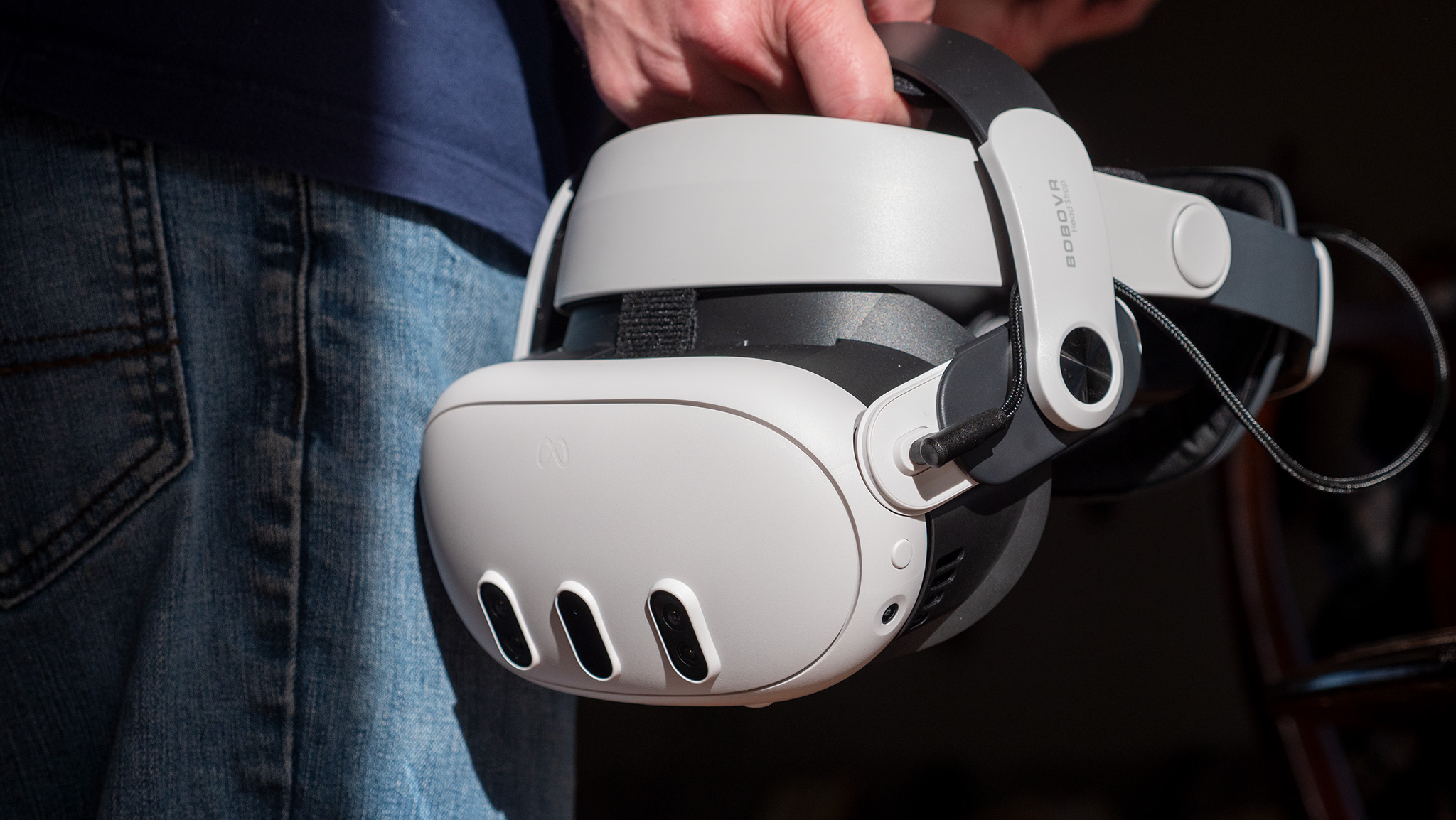
Earlier this week, it was revealed that Google has been shopping around for partners for its new AndroidXR initiative. While we don't know the final name for the upcoming spatial computing-focused version of Android, this new Android spin-off is most assuredly launching with the Samsung XR headset later this year.

In his weekly column, Android Central Senior Content Producer Nick Sutrich delves into all things VR, from new hardware to new games, upcoming technologies, and so much more.
But it looks like Google hasn't learned lessons from the botched Wear OS 3 rollout, which gave Samsung an exclusive for one entire year and ended up shuttering companies like Fossil, which weren't allowed to keep up. Case in point, Meta CTO Andrew Bosworth says that Google is trying to dictate terms instead of working with the industry leader in XR, Meta.
Android Central reached out to Google to get the company's side of the story, but a representative told us, "Google has no comment on this at this time."
Bosworth notes that Google won't allow the Play Store on Meta's Quest operating system, which is built upon Android and can already run most Android apps via side loading. I previously wrote that Meta will never catch up to Apple's app store because of Google, and it's clear that seemingly nothing has changed despite Google having a change of heart over XR being a valuable proposition going forward.
Google already abandoned VR years ago, so why should it care now?
A messy history

Back in the fall of 2016, Google was all-in on VR. Its first major VR headset, Daydream View, had just launched, and the company was running a serious curated app store dedicated to helping users find the best new VR apps and games available. Many of the best Android phones at the time supported Daydream and would magically become a capable VR headset when placed in a Daydream View visor.
Two years later, Lenovo would go on to deliver the first standalone Daydream headset called the Mirage Solo, aimed at challenging the new Oculus Quest by leveraging a platform that had been around for 18 months before the Quest debuted.
The problem is that partners like Lenovo didn't count on the one thing Google does best: killing products before they ever had a chance to succeed. In 2019, Google began killing Daydream by not including support in its latest phones. By 2020, the platform was completely abandoned.
Daydream partners like Lenovo didn't count on the one thing Google does best: kill products before they ever had a chance to succeed.
Since then, we've seen XR executives at Google leave the company, AR glasses go to the wayside, and the company essentially give up on anything "spatial" as it floundered around without a rudder to guide its hand.
Meanwhile, companies like Apple and Meta forged ahead and continued to create headsets and cater to developers as the space grew. This past quarter saw the largest recorded profit the Meta Quest has ever pulled in, while Apple would go on to earn nearly a billion dollars in revenue during the launch of Apple Vision Pro.
Google has no room to dictate strategy to Meta, but that doesn't mean Meta is without its share of faults over the years.
But let's not pretend that Meta doesn't have its own share of problems.
Like Apple, Meta has Sherlocked developers and runs a near-dictatorial hold on its Quest store. The company has even been accused of nepotism when games like Dead Secret Circle — developed by Meta's content director, Chris Pruett — landed on the main Quest Store while other games floundered on App Lab for months.
The Meta Quest experience has also been far from perfect in the five years the platform has been around. Meta says it's been working on a UI overhaul for some time now, but there's little doubt that Apple Vision Pro and Samsung's upcoming XR headset have lit a fire under the company's proverbial feet.
Furthermore, Meta's ecosystem is far from open despite CEO Mark Zuckerberg calling Quest the "open alternative" to Apple's walled garden ecosystem. Sure, the company allows sideloading, but it's infamous for making things harder for developers to get their apps published than need be, as I touched upon above.
Compromise, not conflict

Like most conflicts, the path forward lies somewhere in the middle. Google and Meta need to give and take in a series of swift compromises if they want to continue to challenge Apple far into the future.
So far, it seems like Google's strategy has only pushed Meta further away rather than bringing the company closer. Meta and LG just announced a new partnership for the upcoming Meta Quest Pro 2, Meta's next rival to the Apple Vision Pro that's tipped to use an entirely different operating system than the one used on gaming-focused Meta Quest 2 and Quest 3 headsets.
The rumor is that LG's WebOS — that's the operating system they purchased from Palm and what currently runs the company's smart TVs — will be adapted for use on the upcoming LG-made Meta Quest Pro 2. We're still not sure how this solves Meta's app problem but it could help differentiate the headset from its gaming headsets so it makes more sense as a "professional" product.
Google runs the risk of turning XR into another tablet market, where a fork of Android without Google services maintains the majority of the market share.
Meanwhile, we're expecting Samsung's upcoming XR headset to look and work a lot more like the Apple Vision Pro — as evidenced by the company "starting over" when Vision Pro was unveiled — offering up a premium form factor and displays while putting an emphasis on media consumption.
This leads us to that middle ground that's so desperately needed here. It's been said that Meta wants to become the "Android of VR" but the company's rhetoric doesn't line up with its actions. To my knowledge, Meta isn't offering its OS for use with other XR hardware. Not even for that LG-made Quest Pro 2, as I noted.
And while it would behoove Google to offer up the Play Store on Meta Quest headsets — thus opening another path of revenue via app sales — there's little sense in offering this until Google comes up with a good way to filter apps that work well in virtual or mixed reality situations.
Both of these companies are more than capable of working with each other but, based on what I can see right now, neither seems to be willing to bend. This runs the risk of becoming like the Android tablet scene, where Amazon's tablets — running a custom version of Android without Google services — rule the roost in sales and dwarf any attempts Google or its many tablet hardware partners have made over the years.
If Google is actually serious about XR this time around, now is the time to compromise and build for the better. Not later.







